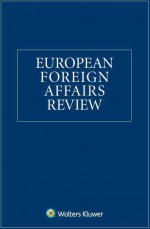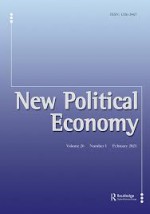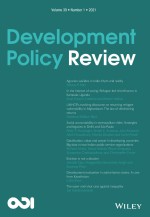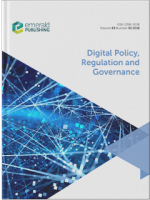Trade Unions in Multi-Stakeholder Initiatives: What Shapes Their Participation?
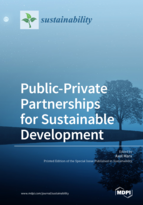
There is a growing concern about the extent to which multi-stakeholder initiatives (MSIs), designed to improve social and environmental sustainability in global supply chains, give a meaningful voice to less powerful stakeholders. Trade unions are one particular civil society group whose participation in MSIs has received little scholarly attention so far. The objective of this paper is to examine the determinants that enable and constrain trade union participation in MSIs. Based on interviews, focus groups, observations and document analysis we determine local trade union participation in three MSIs, operating at company, national and transnational level respectively, in the Costa Rican pineapple industry. To explain the limited encountered trade union participation, an analytical framework is developed combining structural and agency dimensions, namely the MSI design and trade union’s power resources. The findings show shortcomings in the representativeness, procedural fairness and consensual orientation in the design and implementation of the MSIs. These are, however, not sufficient to explain weak trade union participation as trade union power resources also have an influence. Strong network embeddedness and improved infrastructural resources had a positive effect, whereas the lack of internal solidarity and unfavourable narrative resources constrained the unions’ participation.

